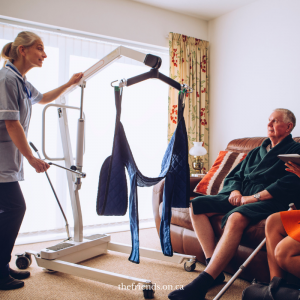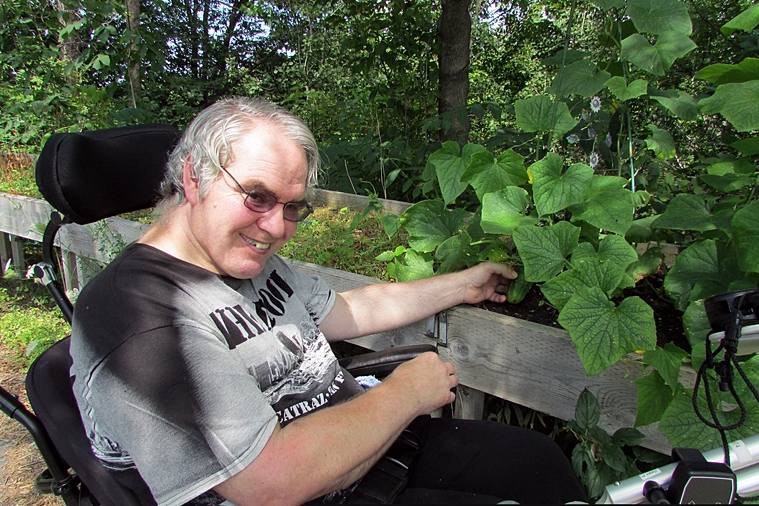My 75 year old Aunt went to a meditation class last week. She wasn’t too fussy about meditation but was open to trying it. After class, she said it was the best experience she’s had and has been setting a couple minutes aside everyday since. Her exact words: “meditation isn’t what you think- it’s so easy”
Why create a small daily meditation practice? There are countless reasons, but here are some of my favorite:
It relieves stress and helps you to relax.
It helps improved focus, happiness, memory, and mindfulness.
Some research on meditation has indicated that it may have other health benefits, including improved metabolism, heart rate, respiration, blood pressure and more.
Actually, some of the best benefits of meditation are hard to define — you begin to understand yourself better, for example, and form a self-awareness level you’ve never had before.
Most simply, sitting for just a few minutes of meditation is an oasis of calm and relaxation that we rarely find in our lives these days. And that, in itself, is enough.
How to Do It Daily:
Here is a simple way to form the daily habit of meditation:
- Commit to just 2 minutes a day. You can do it for 5 minutes if you feel good about it, but all you’re committing to is 2 minutes each day.
- Pick a time and trigger. Not an exact time of day, but a general time, like morning when you wake up, during your lunch hour, or before bed.
- Find a quiet spot. Your couch, your chair, your bed or you may even sit in your car! It really doesn’t matter where — as long as you can sit without being bothered for a few minutes.
- Sit comfortably. Don’t fuss too much about how you sit, what you wear, what you sit on, etc.
- Start with just 2 minutes. This is really important. You can expand to 5-7 minutes if you can do it for 7 days straight, then 10 minutes if you can do it for 14 days straight, then 15 minutes if you can stick to it for 21 days straight, and 20 if you can do a full month.
- Focus on your breath. Slowly, deeply inhale. As you breathe in, follow your breath in through your nostrils, then into your throat, then into your lungs and belly. Sit straight, keep your eyes open but looking at the ground and with a soft focus. If you want to close your eyes, that’s fine. As you breathe out, follow your breath out back into the world. Count … one breath in, two breath out, three breath in, four breath out … when you get to 10, start over. If you lose track, start over. If you find your mind wandering (and you will), just pay attention to your mind wandering, then bring it gently back to your breath. Repeat this process for the few minutes you meditate.
And that’s it. It’s a very simple practice, but you want to do it for 2 minutes, every day, at the same time everyday. Do this for a month and you’ll have a daily meditation habit.
Take good care!





